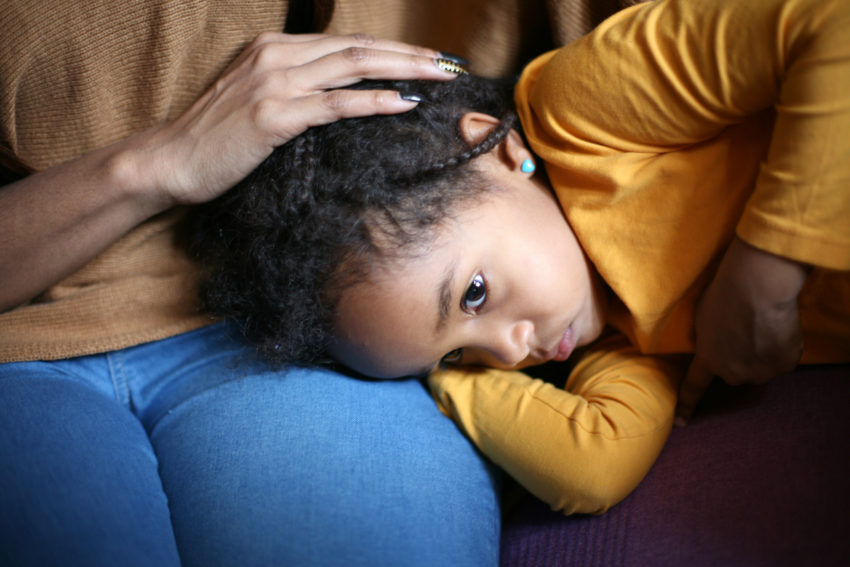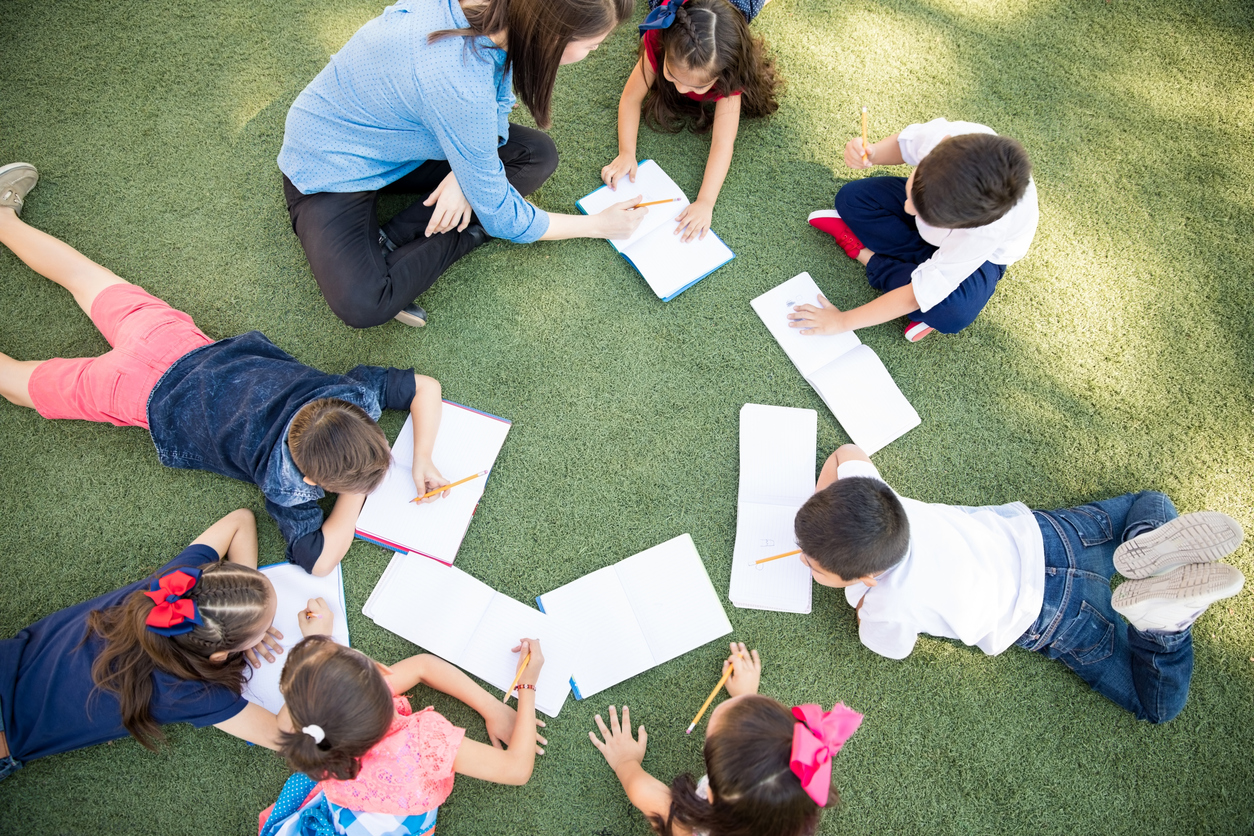
Share On Social!
Most early childcare providers deal with children who have experienced or will experience neglect, poverty, or other traumatic events that can harm long-term health.
But not all providers know how to best help these children.
Fortunately, a new report from Child Trends and the National Center for Children in Poverty, is giving childcare providers guidance in dealing with children of trauma.
How Early Childhood Trauma Affects Kids
Trauma is a sad fact of life for many children.
Whether its child abuse or witnessing domestic violence, trauma can impair a child’s body and brain development. It also can hinder learning and the ability to develop healthy relationships across the lifespan.
Latino kids exposed to many traumatic events are at higher risk for obesity, asthma, heart disease, cancer, anxiety, withdrawal, aggression, substance use disorder, attention problems, and low language, literacy, and math skills, according to a Salud America! research review.
And trauma can happen early in life.
Over 25% of children with confirmed cases of child abuse and neglect are under age three. Of children who experience domestic violence, 60% are under age six at the time of exposure. Of children ages 3-5 who have been expelled preschool, more than 75% also had ACEs.
Overlooking trauma in these early years can have dire mental, physical, social and economic consequences.

Promising Strategies and Policy Recommendations in Early Care
Programs and policies in early care and education (ECE) settings can play an important role in improving the lives of children of trauma.
The new report can help in that effort.
The report, Helping Young Children Who Have Experienced Trauma: Policies and Strategies for Early Care and Education, offers promising strategies for ECE programs and systems to help young children who have experienced trauma:
- Integrating trauma-informed care into early care and education programs
- Therapeutic early care education programs
- Partnerships between early care and education and community service providers
- Infant and early childhood mental health consultation
- Professional development and training
- High-quality early care and education
The report also makes recommendations for state policymakers and other stakeholders:
- Strengthen the early care and education workforce by increasing professionals capacity to provide trauma-informed care
- Expand initiatives that help early care and education programs connect families with community services
- Provide children who have experienced trauma with high-quality, stable early care and education and strong early learning supports
Staff trained in trauma-informed care can help Latino and all children recover and have the opportunity to thrive.
Share the Helping Young Children Who Have Experienced Trauma: Policies and Strategies for Early Care and Education report with early care and education facilities, as well as city and state leaders.
If you need help building your case for trauma-informed care, share this 13-minute video of Oprah Winfrey reporting and childhood trauma and trauma-informed care.
Sign up for the new Salud America! “Trauma Sensitive School Action Pack.” It is a free guide with coaching to help school personnel talk to decision-makers, build a support team, craft a system to identify and support traumatized students, and more!
By The Numbers
28
percent
of Latino kids suffer four or more adverse childhood experiences (ACES).



